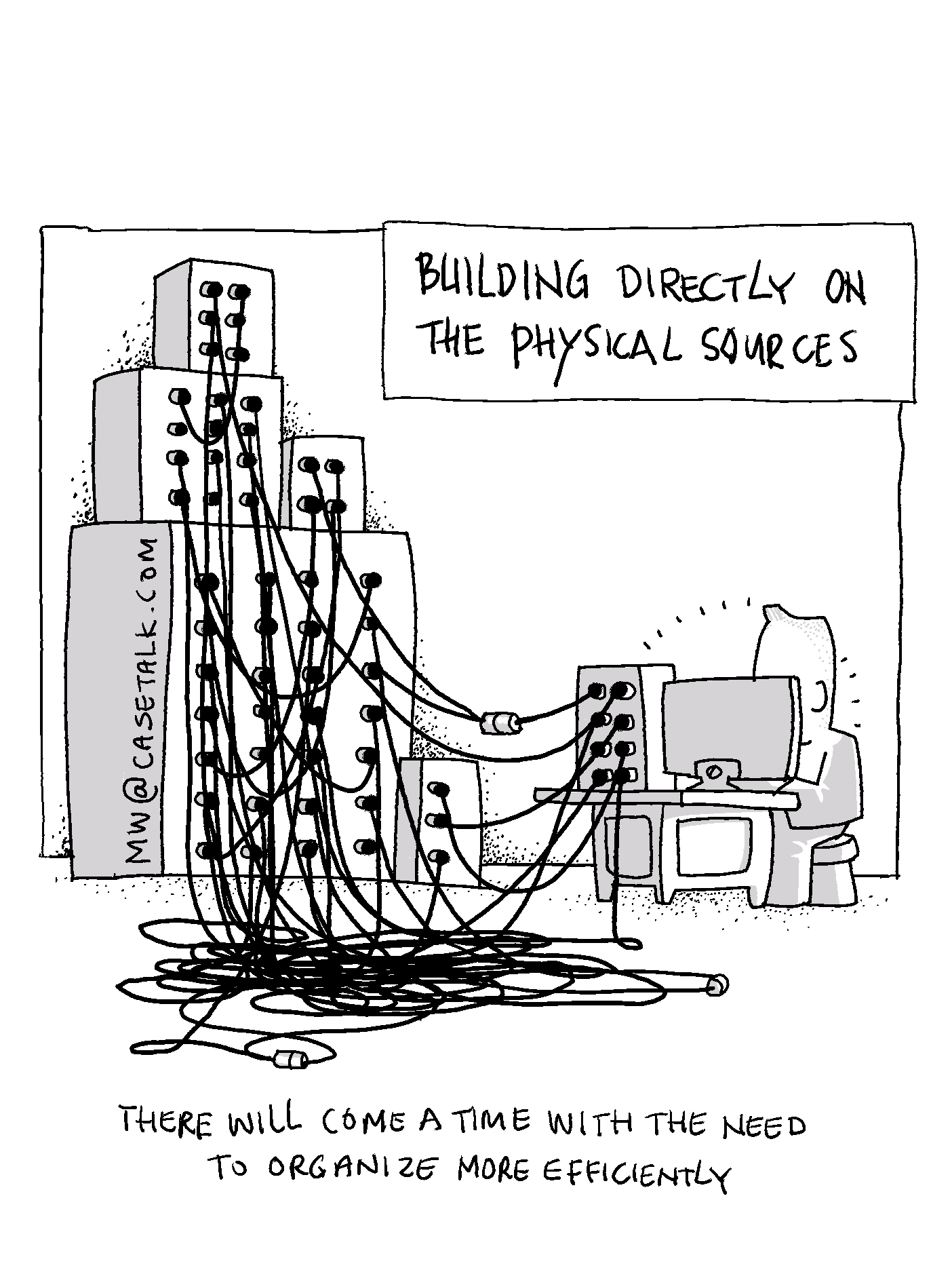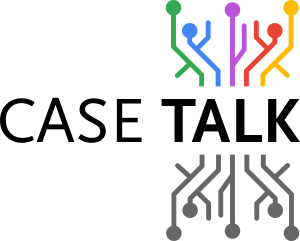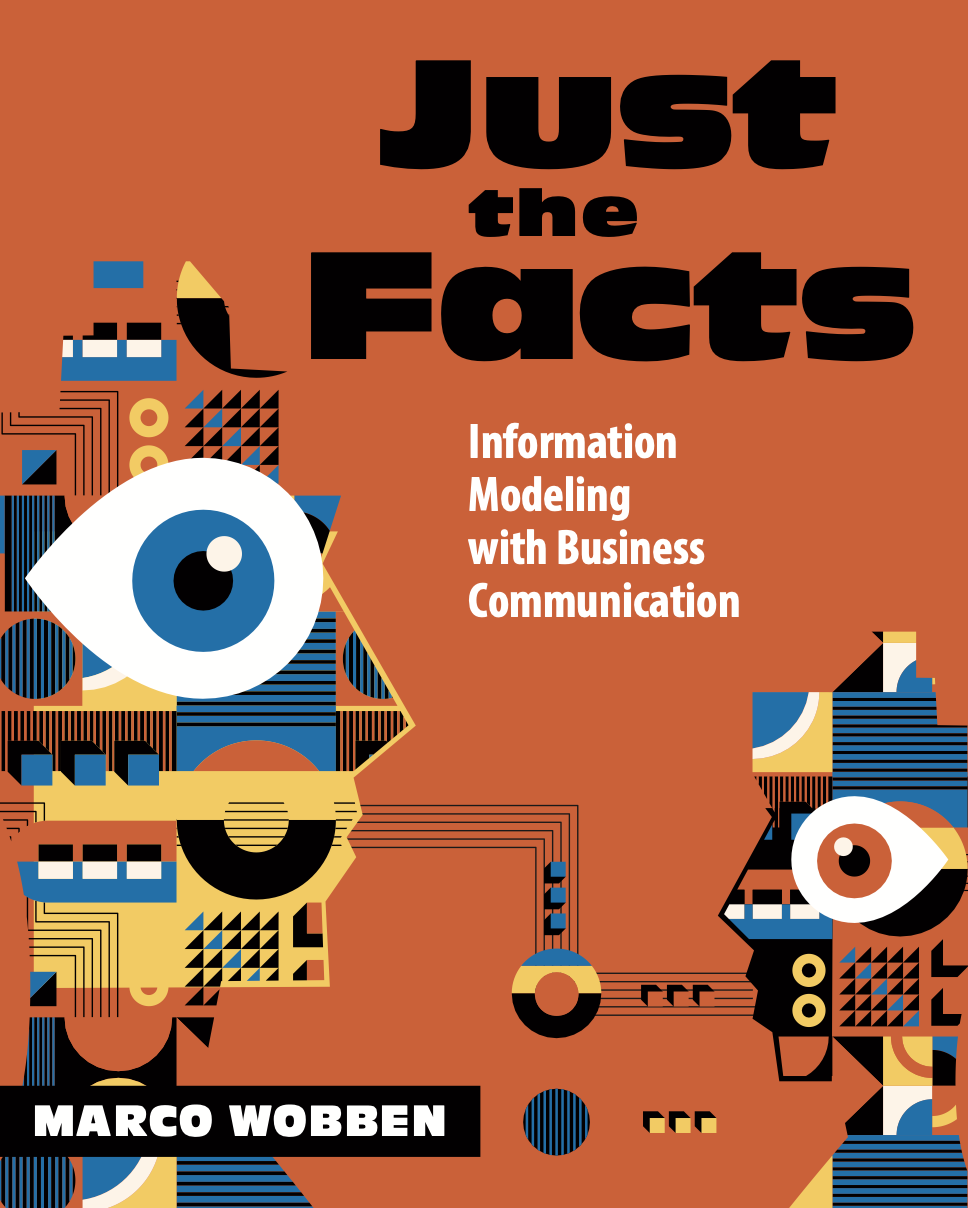In many cases, we start doing our job, and we don't quite know what to expect up front. It is a little experimental, and this trial and error brings us to a more experienced level of operation. Once experience sets in, we start rethinking our first iterations of work, and reorganize to make it more efficient, more manageable. We abandon some first attempts to avoid repeating mistakes, and to make our work more efficient.
This approach is similar in many aspects of life and work. Unless we are already experienced, in which case we can think and plan ahead better. A big problem in IT is that we have tools available to help us in this approach of discovery. Using such fancy tools, we are automating first attempts and can build directly on source systems. No abstraction, no organization, no prior knowledge or deep thinking is required.
When such projects continue their life cycle, a more experienced level sets in, and working directly on the source and building as you go forward will no longer be the most efficient way forward. New approaches require different tools, new methods of working and organizing. Similarly, working on physical (data)source systems is not a good idea in the long run.
Building an information model which supports tight coupling and loose connections, as the software industry once loved, is the proper way forward. Tight coupling to bundle related information, and loose connection to be able to manage them independently. More source systems, more requirements, more integration points, require very clear and properly managed definitions. More than just quick and fast, the concerns of accuracy and manageability with certainty, will become more important, if not crucial, to remain successful.

 This license allows reusers to copy and distribute the material in any medium or format in unadapted form only, for noncommercial purposes only, and only so long as attribution is given to the creator.
This license allows reusers to copy and distribute the material in any medium or format in unadapted form only, for noncommercial purposes only, and only so long as attribution is given to the creator.
CC BY-NC-ND includes the following elements:
- BY – Credit must be given to the creator
- NC – Only noncommercial uses of the work are permitted
- ND – No derivatives or adaptations of the work are permitted


